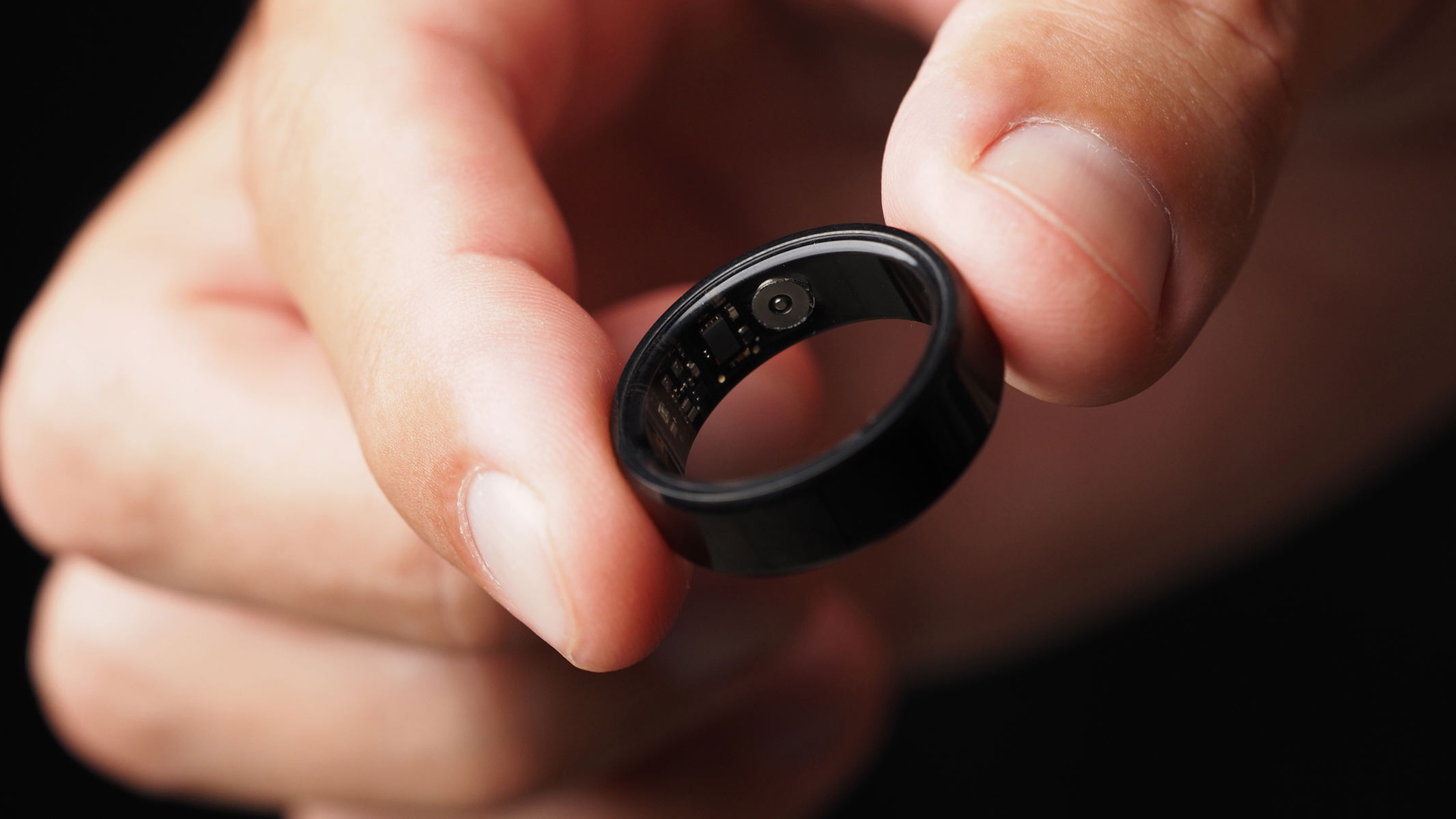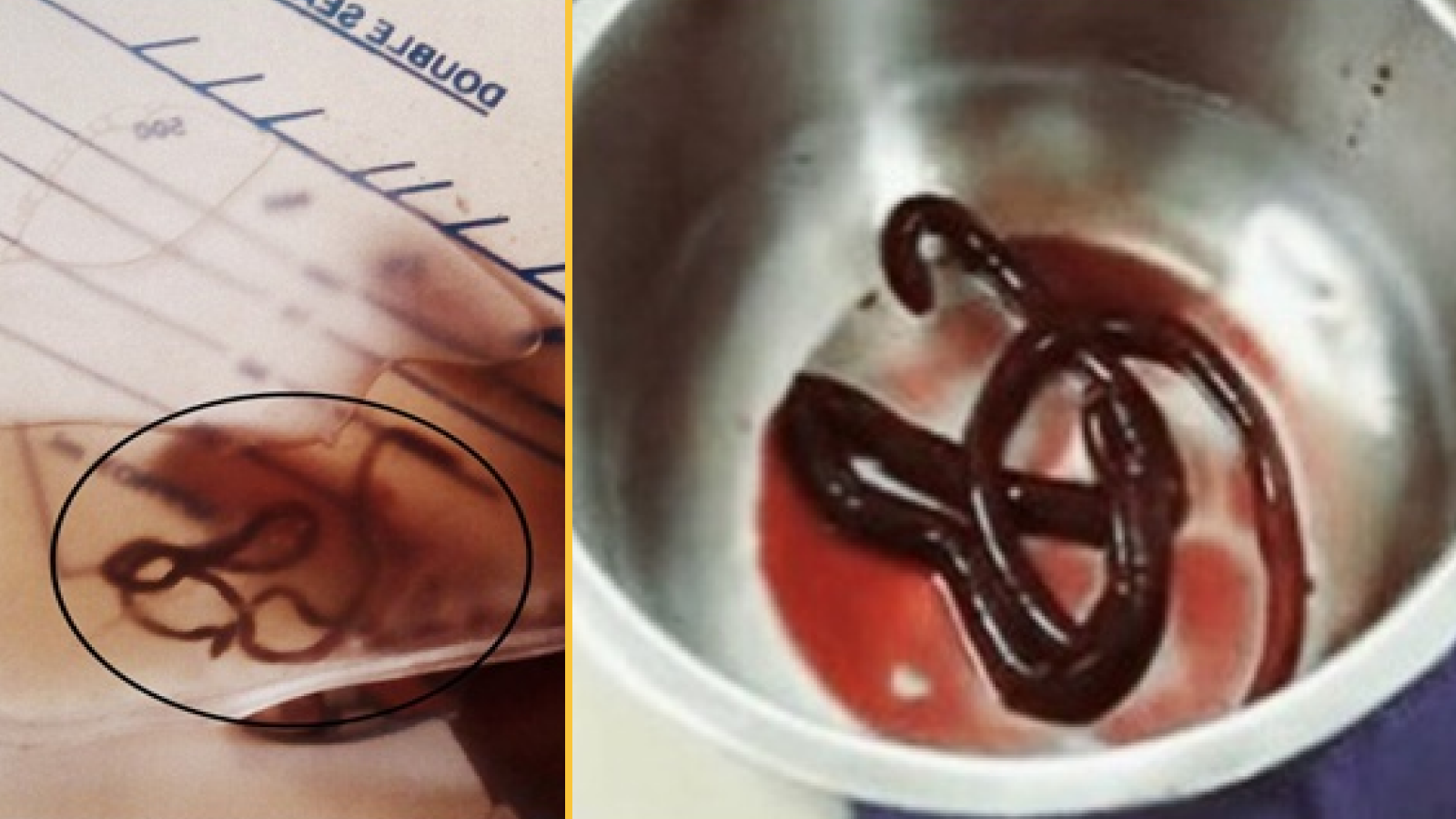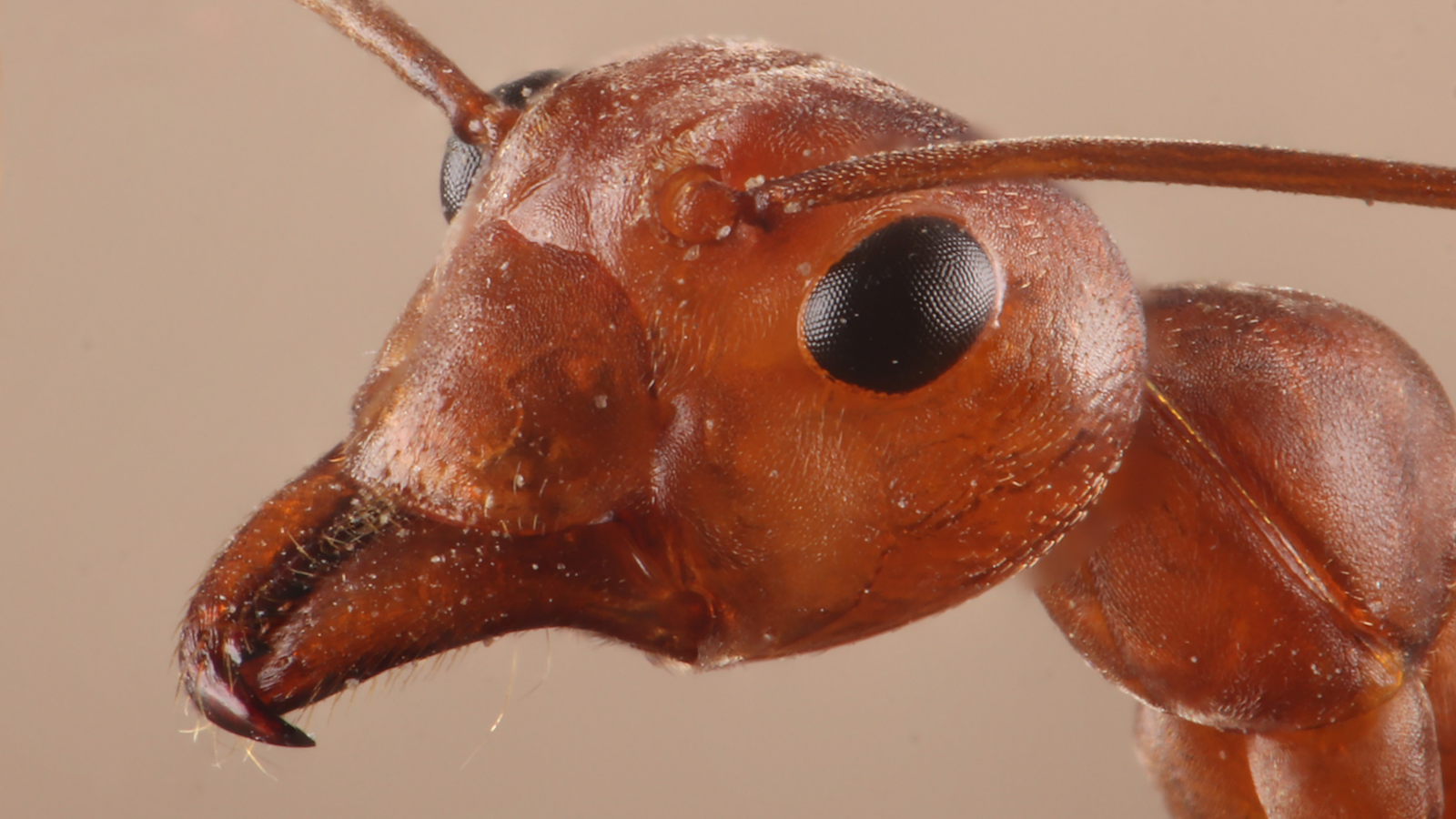
Why is yawning contagious?
Scientists have identified some reasons why yawns spread from person to person.

Seeing or hearing someone yawn can make you yawn. This phenomenon is not limited to humans; some animals experience contagious yawning, too.
But why is yawning contagious?
Brain cells called mirror neurons may play a role in contagious yawning, Dr. Charles Sweet, a board-certified psychiatrist and medical adviser at Linear Health, told Live Science in an email. Mirror neurons respond to actions that we observe in others.
"When you see someone yawn, those neurons fire up," Sweet said. This neurological mechanism may explain why yawning spreads so easily within social groups.
Research has also shown that people and animals are more likely to yawn in response to yawns from familiar individuals compared with acquaintances and strangers. For example, in a 2013 study, dogs yawned more frequently when watching their owner yawn than when watching a stranger yawn. This pattern, known as the "familiarity bias," is likely driven by attentional biases, said Andrew Gallup, a teaching professor of behavioral biology at Johns Hopkins University, as individuals naturally pay closer attention to those within their social circles.
Related: Is it possible to avoid unwanted thoughts?
One hypothesis is that contagious yawning evolved to boost threat detection within groups, Gallup told Live Science in an email.
Sign up for the Live Science daily newsletter now
Get the world’s most fascinating discoveries delivered straight to your inbox.
In a 2007 study published in the journal Evolutionary Psychology, Gallup and colleagues found that yawning helps cool the brain. This cooling effect may improve alertness and mental processing efficiency in the yawner, Gallup hypothesized. If yawning spreads through a group, it could help enhance the group's threat awareness, the team proposed.
More recent research by Gallup in humans has shown that simply seeing others yawn can improve an individual's ability to detect threats, further supporting the idea that contagious yawning increases vigilance levels in a group.
Another hypothesis is that contagious yawning evolved to keep groups in sync. Yawns follow a natural circadian rhythm and often signal transitions between activities. So, when yawning spreads within a group, it may serve to align activity patterns and behavior, Gallup explained.
Support for this hypothesis comes from a recent study on wild African lions (Panthera leo). The researchers observed yawns from 19 lions in two social groups and tracked the connection between yawn contagion and motor synchrony — when individuals show the same changes in behavior. The results were striking: Lions that "caught" a yawn from another lion were 11 times more likely to mirror the movements of the lion that yawned first, compared with lions who hadn't caught the yawn.
Not everyone is equally susceptible to contagious yawning. In controlled studies, approximately 40% to 60% of typical volunteers yawned in response to watching another person yawn in a video.
A key question in research is whether contagious yawning is linked to empathy. There have been several studies, but findings have been mixed. "Some studies have found predicted connections, while others fail to demonstrate such a relationship," Gallup said.
Although early research suggested that children with autism were less likely to yawn contagiously than nonautistic children were, a follow-up study found that when participants were explicitly instructed to focus on the yawning stimulus, this difference disappeared, Gallup explained, underlining that attention also plays a key role in yawn contagion.
One of the most consistent discoveries is the negative association between contagious yawning and psychopathy. "Individuals who score higher on measures of psychopathic traits tend to be less susceptible to contagious yawning," Gallup said. (Psychopathic traits include selfishness, manipulation and callousness.)
"At the end of the day, contagious yawning is less about being tired and more about connection," Sweet said. "It's your brain's quiet way of syncing up with the people (and sometimes pets) around you."

Clarissa Brincat is a freelance writer specializing in health and medical research. After completing an MSc in chemistry, she realized she would rather write about science than do it. She learned how to edit scientific papers in a stint as a chemistry copyeditor, before moving on to a medical writer role at a healthcare company. Writing for doctors and experts has its rewards, but Clarissa wanted to communicate with a wider audience, which naturally led her to freelance health and science writing. Her work has also appeared in Medscape, HealthCentral and Medical News Today.
You must confirm your public display name before commenting
Please logout and then login again, you will then be prompted to enter your display name.










